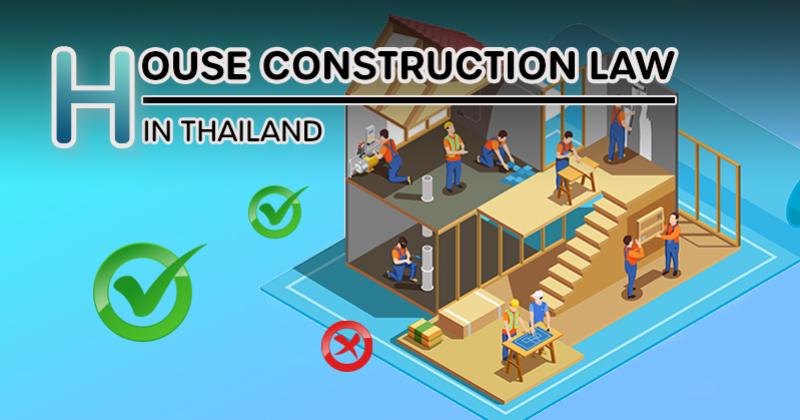
Created : 5 Mar 2024
Ideas for decorating your home to make it easy to sell your home in 2024
The main problem for many people trying to sell their homes is that they often decide to list their properties without first inspecting their own homes to see their condition. After living in a home for many years, it may have deteriorated in certain areas, making it more challenging to sell. The idea of home decoration is one solution to make selling a home easier.
1. Idea for Decorating with Wall Details:
2. Idea for Decorating with Trendy Colors:
While each person has different preferences for home decor styles, the majority often seek a home that feels comfortable, functional, and has a cohesive layout. Some may prefer a loft-style, others may lean towards a vintage aesthetic, and there are those who appreciate a minimalist design. However, most people generally desire a home that is inviting, practical, and has a consistent sense of order. Therefore, the goal of decorating a home for sale should be to attract a wide range of potential buyers.
Typically, buyers prefer to see well-lit homes. Therefore, lighting plays a crucial role in home staging for sale. Don't forget to fully open curtains to let in natural light, making rooms appear more spacious. Also, check that all light bulbs are in working condition before allowing potential buyers to tour the home. If your light bulbs are flickering or dimming, it's time to replace them with new ones.
3. Decorating with Mix and Match Furniture:
One notable difference between selling a new home and a second-hand one is that the latter is often sold as an empty canvas, allowing buyers to decorate according to their lifestyle. Buyers tend to scrutinize factors like completeness, checking for any wear and tear, imperfections in materials or structures, and the condition of tiles, whether they are pale or cracked.
Second-hand homes, on the other hand, are usually sold with some furnishings, presenting a visual representation of how the space can be utilized. It becomes an invitation for potential buyers to visualize themselves in the home and engage more with the decor. Therefore, the choice of furniture is crucial in conveying the functionality of the space and capturing the attention of those who come to view. This is why selecting the right mix and match furniture plays a significant role.
4. Decorating with Green Spaces:
If there are existing green spaces within the property, such as a grassy field, a garden, or potted plants, it's advisable to enhance and revitalize these areas before listing the house for sale. Don't let them become overgrown or neglected. If any plants appear withered or dry, consider relocating them and introducing new ones.
However, if the available space is limited and it's not possible to create additional green areas outside, opt for decorative planters. Place aesthetically pleasing planters in various corners around the house. For instance, place transparent glass vases with bamboo shoots in the bathroom, set wooden crates with plants in the workspace, or hang flower baskets along the balcony railing.
Adding greenery not only enhances the visual appeal but also brings a touch of nature into the living space, creating a more vibrant and inviting atmosphere.
5. Exterior Decoration:
The external beauty of your home is crucial and should not be overlooked when decorating for sale. It is the first thing potential buyers see when they approach your property. Consider the following:
Thank you for information

